3 Major Tips for the Young Activist or Creative Considering Education
Referred to by some as the A Different World for generation-z, Freeform’s Grown-ish, a spin-off from ABC’s Black-ish, follows the lives of nine college students of color and their unique pathways through higher education. While the story focuses largely on Yara Shahidi’s character Zoey and her slightly unrealistic journey from spoiled rich kid to working stylist for famous rapper, by her junior year no-less, one of the series most recent installments focused on the graduation-arc of character Aaron, played by series heart-throb Trevor Jackson. This episode, however, left this educator feeling high-key-triggered.
As Aaron stares down the green mile of college debt, he feverously searches for job opportunities but, continues to come up short in qualified experiences and transferrable skills for viable opportunities, particularly those with “loan-forgiveness programs.” By the end of the episode, Aaron is offered an Administrative Assistant position for minimum wage reporting to the fumbling Dean of Students and inclusive of free graduate tuition. This position, a doctored-up and glorified graduate assistantship was an interesting pivot for many reasons. While Aaron’s character has already been aptly propped up for a future career in student affairs as a resident assistant, he has also spent much of his story-arc as the activist and social justice warrior.
This left me pondering on the messaging behind this episode. While it is acknowledged that this job opportunity does not address Aaron’s student loan debt or negate a boldly highlighted statistic shared in the episode:
“By age 30, the average White male college graduate will have paid off 44% of their student loan debt. The average Black male will owe 11% more than when they graduate,”
it suggests that this opportunity provides Aaron with a leg up in overcoming these obstacles, boasting that it guarantees that Aaron will not become “just another statistic.” While this could not be further from the truth, it also hints at pathways for social justice minded individuals, and specifically those who identify within minority groups, a roadway for social leadership. What this episode does not address in 21 minutes, is what happens after you become a professional smart-ass, also known as, an advanced degree holder in higher education.
While there is a great deal of nobility in sculpting the minds of future leaders, as well as, impacting their college experiences by not only your presence as a young professional (and for some of us, one of the only professionals of color) but, also by our ability to integrate fresh ideas in college programming. However, these intangible achievements, in my experience, do not out pace material responsibilities. If given the opportunity to talk to 22-year-old Aaron, I have 3 Major Tips for the Young Activist or Creative Considering Education, that might help him avoid or prepare for the pitfalls of advanced degrees without guaranteed advancement:
Establish Your Own Platform- remember that your work and ideas is your form of intellectual property. Do not focus all your energy on acting as agent of your college or university. Be sure to establish your own website or social platform that specifically highlights your expertise in the space.
Set a Time Limit- if you decide to pursue higher education during or after your undergraduate career, set a time limit for each position you take. Don’t move into the institution. Even if you really enjoy your job, things can change rapidly in education. Always remember that you’re renting, not buying. Keep your options open.
Stack Your Connections- connect with people in as many industries that interest you. Also, create connections with professionals from different offices. Stacking your connections will help you gain access to opportunities that could lead to career pivots down the road.
Follow me on Instagram to track my journey as a professional smart-ass here:




